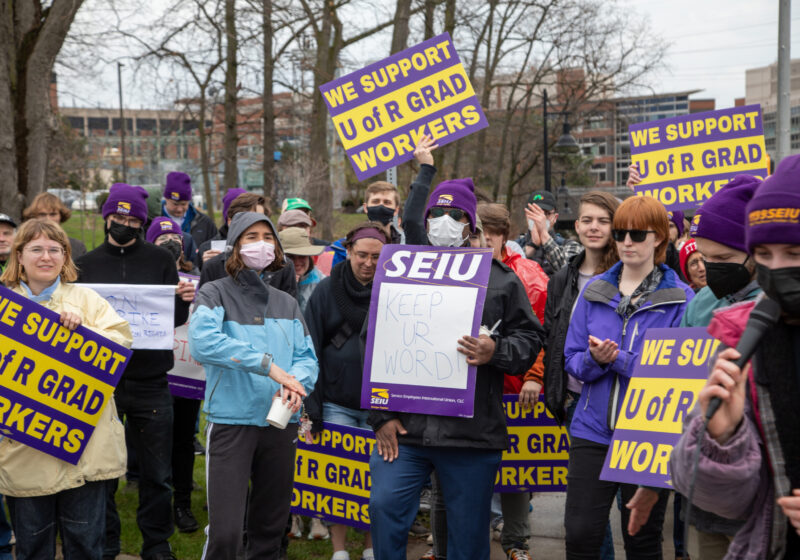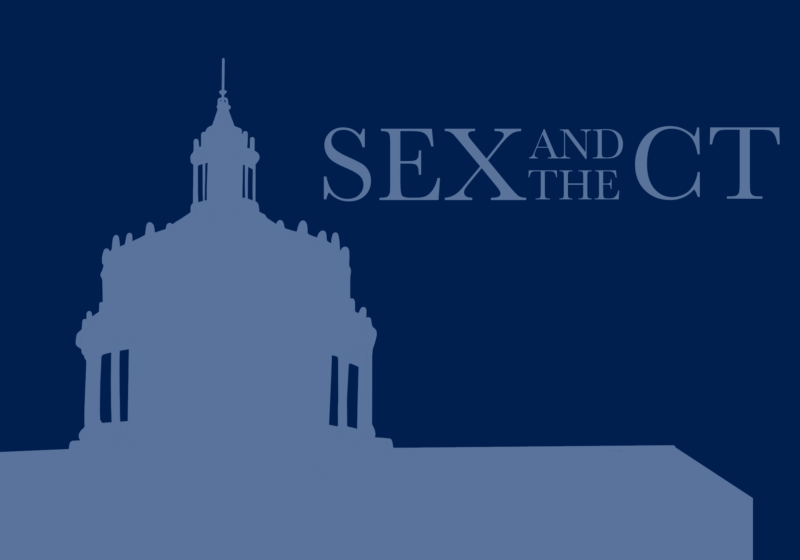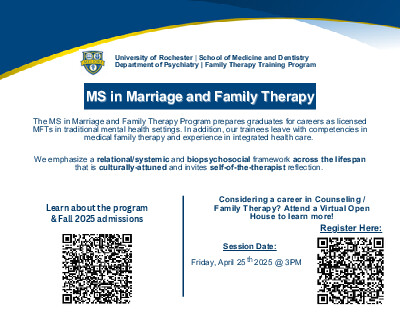As our campus community comes together in protest of President-elect Donald Trump and in support of each other, we cannot ignore the voices that came forth at the recent and controversial Students for a Democratic Society (SDS) event, “The Occupation of the American Mind: Film and Panel.”
The goal was, as part of Palestinian Awareness Month, to elevate the voices of the Palestinian people. However, this event did not lead to a constructive conversation.
The prominent Department of Public Safety (DPS) presence instilled a sense of fear in those who attended the event in order to learn. We understand SDS’s concern, particularly due to alleged threats toward panelists, so the decision to invite DPS officers was not necessarily unwarranted.
It was also inappropriate to reach out to the non-student, pro-Israel group, Roc4Israel—a community group whose goal is to “counter the negative rhetoric toward Israel, expose the rising tide of global anti-Semitism, fight against BDS [Boycott, Divestment, Sanctions], and defend Israel’s right to exist.”
This was a student event, and non-student groups should never have been involved.
Asking for a support system for Jewish students who felt threatened by the event’s content only contributed to the ideological divide that we, as students, are trying to bridge. If we cannot trust each other without the looming presence of Public Safety officers and members of right-wing community groups, how can we trust each other to discuss this and other divisive issues in a way that is conducive to progress?
It’s alright if events are one-sided or contain bias, as long as they educate without alienating. The environment created by the current model is safe only for those who espouse the same viewpoints as the event coordinators.
When we think back to our Facebook newsfeeds during this year’s presidential election, it appeared that Hillary Clinton was the only real option. Donald Trump did not seem to stand a chance, and, as liberal, Jewish women, we had no notion of the other side.
After seeing the results of the election, however, we have learned that spreading messages in an echo chamber like Facebook is entirely ineffective.
SDS’s event became a physical manifestation of this echo chamber. In the Nov. 7 issue of the Campus Times, Dean of Admissions and Financial Aid Jonathan Burdick was quoted as asking, “SDS isn’t having this event just to talk to themselves, right? Make this an opportunity to invite others to listen and learn.”
But there was no listening or learning. Audience members, particularly students, were shouted away from the mic for attempting to ask questions that did not directly affirm or express explicit support for the Palestinian plight.
Being pro-Israel and pro-Palestine are not mutually exclusive. In fact, the majority of our Jewish friends on campus are pro-Palestine.
We are not asking for such events to become pro-Israel events. Rather, we are asking for holistic support that allows Jewish and Muslim students alike to express their opinions throughout Palestinian Awareness Month. Perhaps a pro-Palestinian event cosponsored by the Israel Council or another pro-Israel group on campus would be more inclusive, even if it means suspending a right-wing platform in favor of discourse.
As President Seligman wrote in his email to the University community following the election, “[…] we are a safe place. Politics can be ugly, deprecating, cruel. Our role here is to honor and respect each of you.”
As students, we must take this to heart.
U.S. politics are cruel. The conflict in the Middle East is cruel. Such subjects will always divide us. But within our University community, let us strive for peaceful debate where each student feels empowered to voice their opinion.



